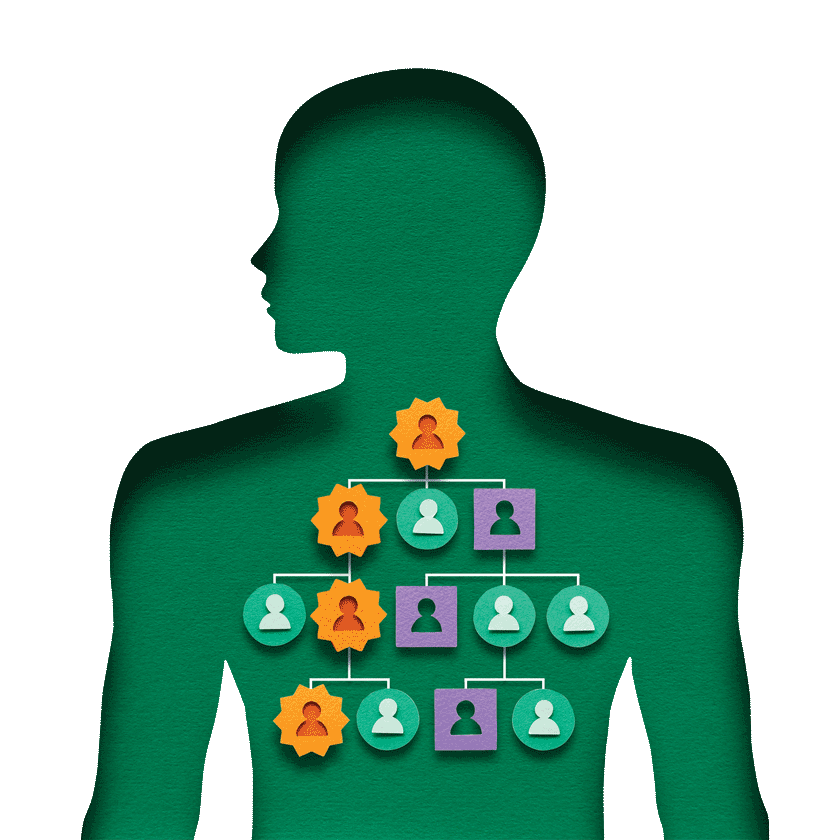An Expanded Access Trial for Cancer Patients with Specific Mutations

Can a compassionate use trial of an investigational drug help patients with advanced pancreatic cancer and other solid tumors that have a specific mutation?
A novel drug that is being tested in a number of clinical trials has been made available in an expanded access program. The study is for patients with solid tumors, including pancreatic, colorectal, non-small cell lung, melanoma, among other cancers, which carry specific genetic alterations.
Blocking Unneeded Cell Division in Tumors
One of the key cellular mechanisms that regulate cell division is called the MAPK (mitogen-activated protein kinase) signaling pathway. The proteins involved in this pathway make sure that signals to induce cell division and proliferation are properly transmitted and genes are accurately activated. When there is no need for cell division, the pathway turns off, the signals stop and the genes responsible for cell division are inactivated.
However, mutations in key proteins of this pathway, including KRAS, NRAS, HRAS, BRAF, MEK, and ERK, keep the signaling active at all times. This induces cell division even when it’s not needed, leading to uncontrolled growth and hence, cancer. The majority of pancreatic cancers have mutations in KRAS and therefore often have a dysregulated MAPK pathway.
The experimental drug ulixertinib (BVD-523) inhibits the activity of the ERK protein, which is at the end of the signaling cascade. This stops the dysregulated MAPK pathways and ultimately the aberrant cell division. However, in pancreatic cancer, the cells usually find a different mechanism to continue cell division. This resistance can be combated by trying to target the resistance mechanism. One way the cells forms resistance is through increased autophagy. Autophagy is a metabolic process where cells use their own nutrients to survive (self-eating). Inhibiting autophagy along with the MAPK pathway is one way to combat the resistance.
What is the Expanded Access Program?
The FDA’s expanded access program, also known as compassionate use, permits a company to provide doctors with an investigational drug to patients that meet specific criteria. This includes having a life-threatening disease where other treatments have not helped, not eligibility for other clinical trials, and the physician believes the benefits outweigh the risks of taking an investigational drug.
Participants with advanced cancers that have the specific mutations mentioned above will receive ulixertinib along with any other treatment, as determined by their doctor.
We encourage you to consult your physicians for clinical trials that may be right for you. The website ClinicalTrials.gov provides more details about this trial as well as many others. You can visit the EmergingMed Trial Finder for a listing of all active pancreatic cancer clinical trials.





